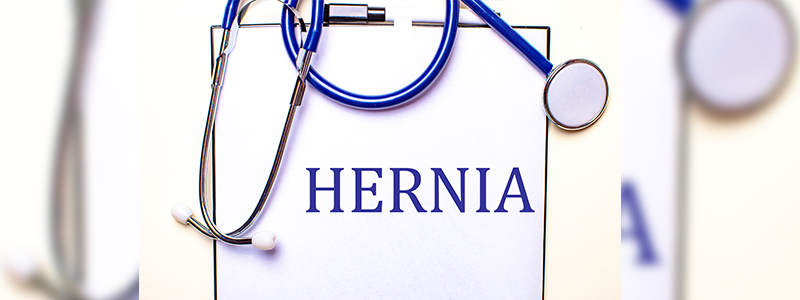
The manufacturer of Covidien hernia mesh products has asked a panel of federal judges to establish fifth multidistrict litigation (MDL), following a rise in the number of lawsuits over the products.
On Friday, a Motion For Transfer was filed with the U.S. Judicial Panel on Multidistrict Litigation (JPML), indicating that at least 12 cases are pending in nine different federal district courts. Each lawsuit raises similar allegations that design defects associated with Covidien Parietex and other products resulted in individuals to experience painful and debilitating complications after a hernia repair, leading to revision surgery for removal of the product.
The MDL, if formed, would join similarly centralized proceedings over Atrium C-Qur, Ethicon Physiomesh with more than 2000 cases each, Bard polypropylene mesh, which is expected to grow more than 10,000 claims by the end of this year, and Kugel patches.
Covidien Parietex is manufactured and sold by a subsidiary of Medtronic, Inc. The manufacturer covers about 20% share of the hernia mesh market. The manufacturer maintained that the claims are without merit, but acknowledged that the lawsuits are likely to rise considering other similar cases.
Hernia mesh, or surgical mesh, is a medical device that supports damaged tissue around hernias as it heals. Surgeons place the mesh across the area surrounding the hernia, attaching it with stitches, staples, or glue. Pores in the mesh allow the tissue to grow into the device. Hernia mesh is used in nine out of 10 hernia surgeries annually in the U.S.
According to the U.S. Food and Drug Administration, using hernia mesh may improve a patient’s outcome because the surgery and recovery may take less time compared to other treatment options. However, the agency links recalled meshes to many reports of hernia mesh complications. Some patients require hernia mesh removal surgery to treat these complications.
Absorbable mesh degrades and loses strength over time. As per FDA reports, it is not used to provide long-term reinforcement to the repaired hernia. As the material degrades, new tissue growth is intended to provide strength to the repair.
Non-absorbable mesh is a permanent implant. It remains in the body indefinitely. Non-absorbable mesh is supposed to provide lasting reinforcement to the repair site.
At least one hernia repair technique can leave mesh in contact with the intestines. This can cause the intestines to adhere to the mesh, which can result in severe complications. Some polypropylene meshes may come coated with absorbable fatty acids, cellulose, or collagen. Manufacturers claim these coatings prevent adhesions.
The motion seeks to centralize the litigation before one judge in the Southern District of New York. An oral argument, during an upcoming hearing set for July 30 in Boston, Massachusetts, or September 24 in Birmingham, Alabama, is expected to be scheduled by the U.S. JPML, after plaintiffs express their opinion over the transfer.




